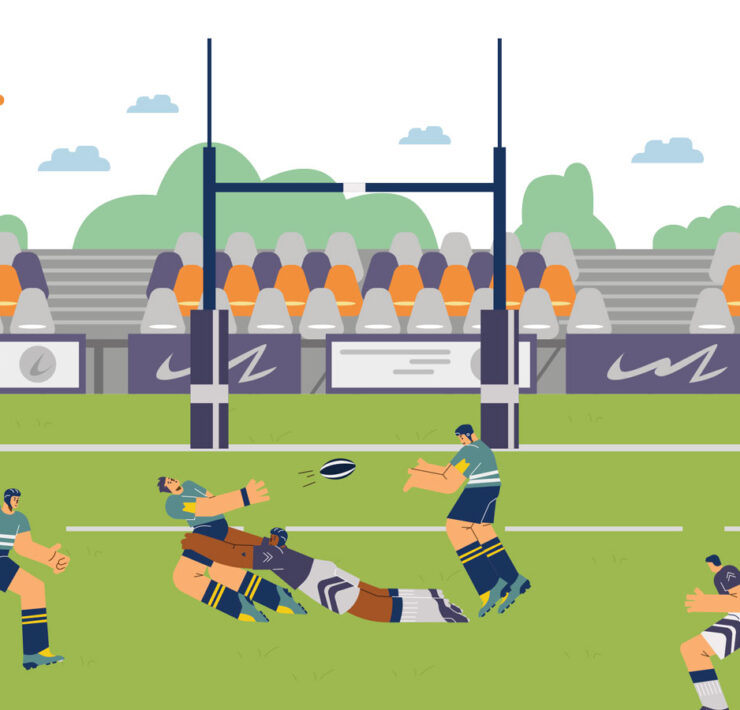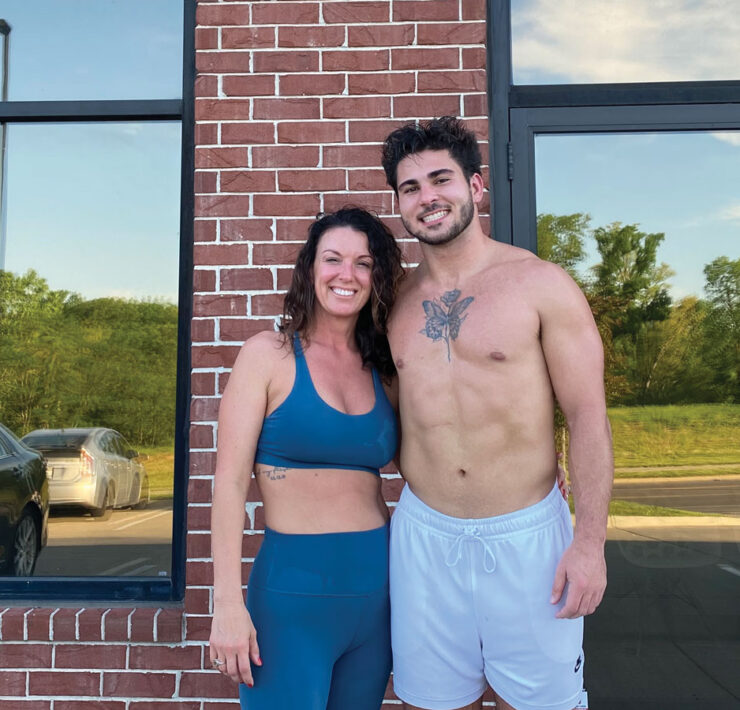Busy Builder
- This story originally appeared in the July 2024 "City" issue of COMO Magazine.
Columbia Housing Authority is constructing new units and giving its properties a facelift.
A recent $1.3 million investment from Veterans United Home Loans (VU) has blossomed into $34 million, with several other organizations and sources also investing to build funding for Columbia Housing Authority’s building plans.
The local housing authority (CHA) has already finished renovating scores of existing properties and has plans to build new units for the first time since the early 1970s. CHA provides 1,200 vouchers and 750 affordable housing units for low-income individuals and families in Columbia and Boone County.
So far, 597 of CHA’s 750 properties or units have been renovated, ranging between one- to four-bedroom units to accommodate all facets of different family and living situations, from single mothers escaping domestic violence to disabled and elderly individuals seeking independence. A recent renovation of a two-bedroom, one-bath family unit included fixing issues that had lingered for years — such as collapsed sewer lines, chronic water leaks, and shifting foundations — due to underfunding from federal sources.
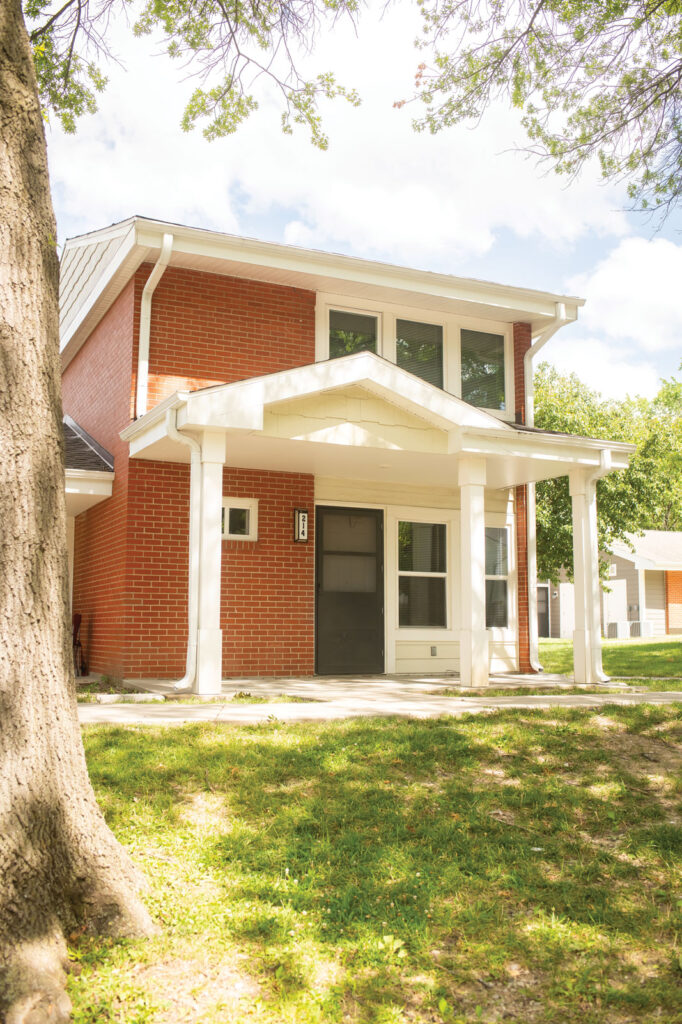
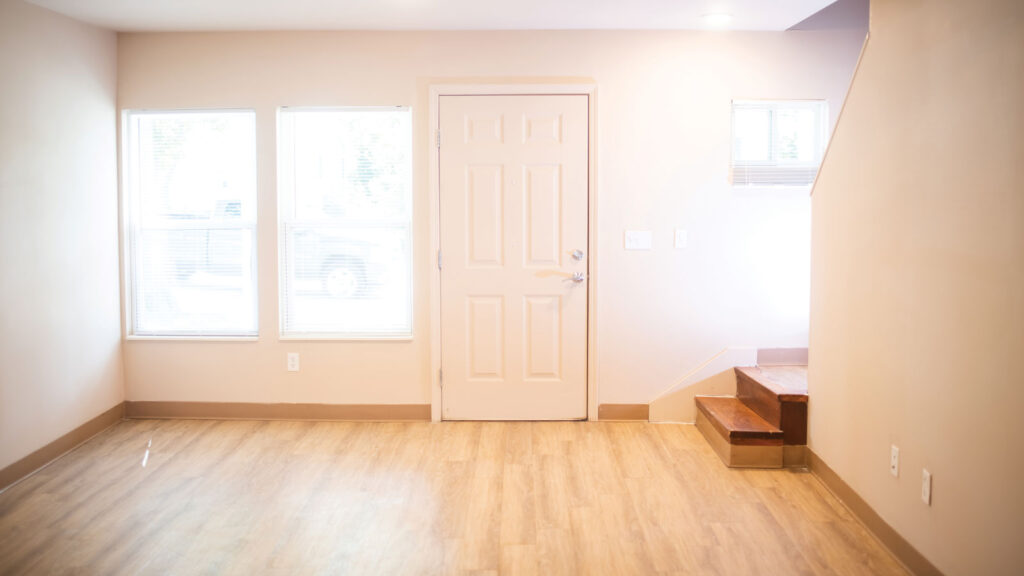
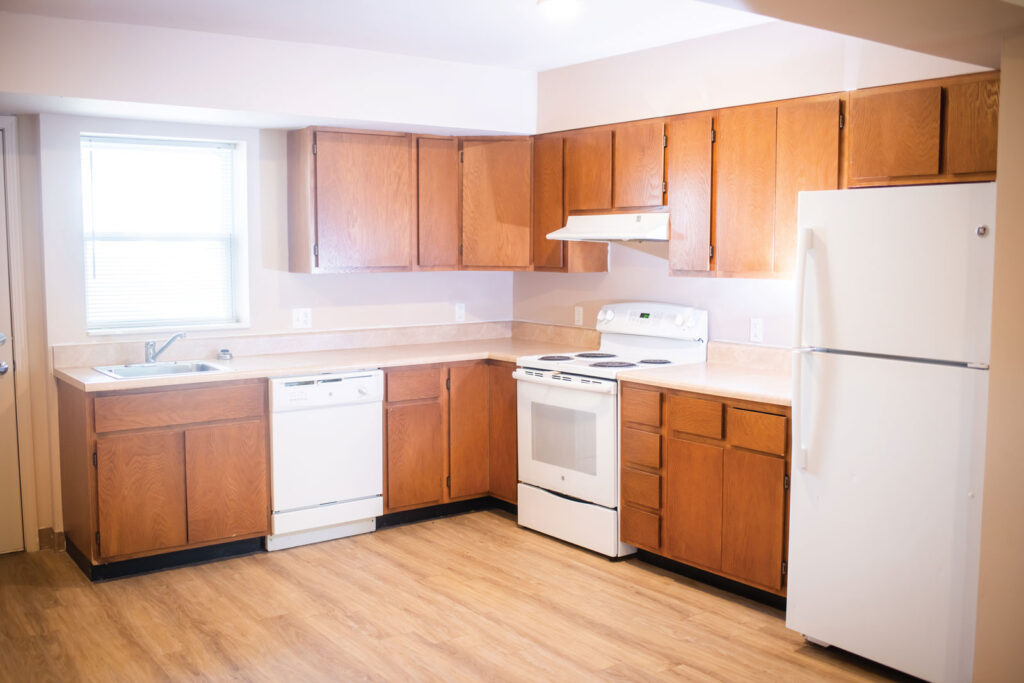
The fully transformed unit features an open-concept living room, with hardwood floors flowing directly into the kitchen. Those units now include newly added washer and dryer hookups and a fresh coat of paint. Upstairs, the updated bathroom has maximized the square footage for storage. In keeping with the original character, the large bedrooms have spacious closets and wide windows, illuminating them in a soft, natural light.
Randy Cole, CHA’s chief executive officer, was especially eager to begin construction of the Kinney Point six-plex in late June near the intersection of Garth and Sexton. Named after former CHA board member Marvin Kinney, who was known as the first African American appointed to serve on the CHA Board of Commissioners and was one of the first resident commissioners in the U.S. As a resident commissioner, Kinney lived in a CHA unit, making recommendations and assisting in the development of the CHA Annual Plan.
Appointed to his first four-year term on the CHA board in 1968, Kinney served the community and low-income families for more than twenty-five years.
Cole’s predecessor began converting some public housing to non-public housing in 2013, making the CHA the first public housing authority in the state to begin that process. Cole explained that the U.S. Department of Housing and Urban Development (HUD) had been encouraging public housing authorities to “seek additional funding to meet significant deferred maintenance costs, due to lack of sustainability” of funds allocated by Congress each year. HUD allows public housing authorities to convert from public housing to non-public housing, which opens access to new funding sources through the low-income housing tax credit (LIHTC).
“LIHTC is our nation’s most significant source of funding for affordable housing,” Cole noted. The CHA currently receives roughly $350,000 per year through the federally funded public housing capital fund; however, it has over $40 million in investment needs for its remaining public housing portfolio.
“HUD also still allows Section 8 vouchers to be tied to each converted unit, so there is still a long-term financing mechanism in place to ensure rents are just as affordable to participant households as they were under the public housing model,” Cole said. “CHA is very much ahead of the curve and nearing full conversion and reinvestment in its remaining public housing portfolio.”
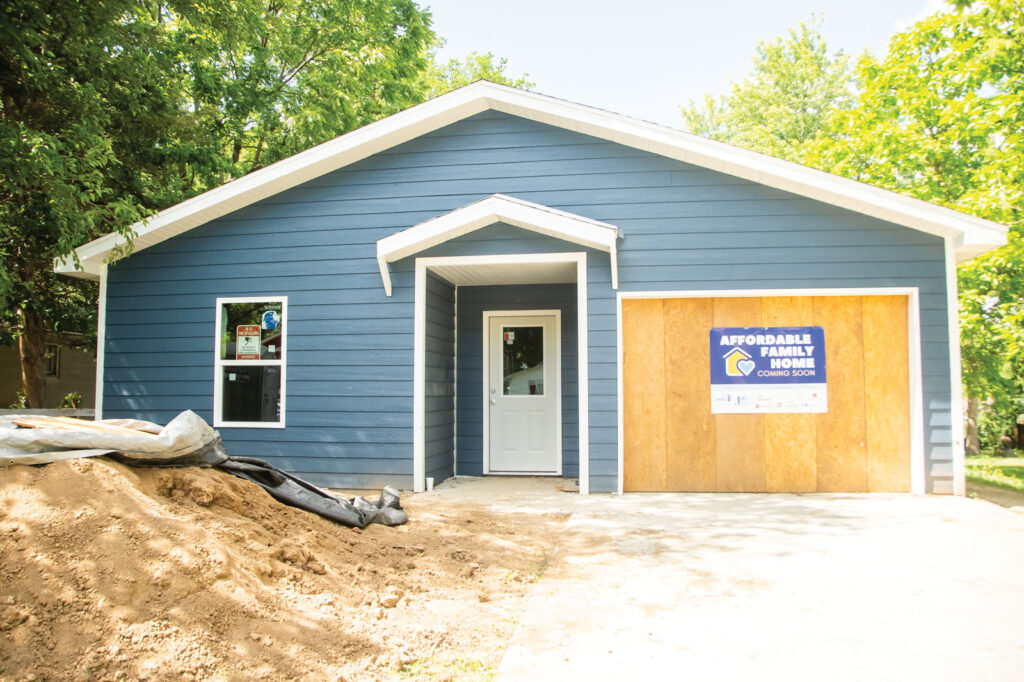
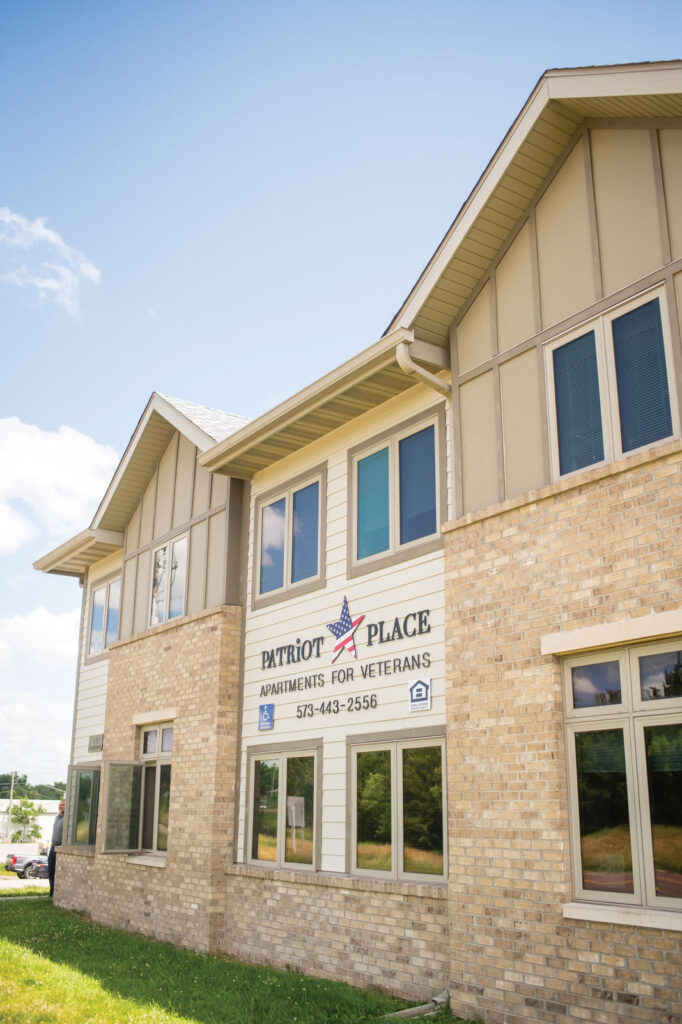
The CHA not only provides housing for low-income individuals and families but also offers resident services. The Family Self-Sufficiency program is meant to help the residents invest in themselves by offering employment resources, establishing savings (escrow) accounts, and coaching participants to achieve their goals. It also offers after-school and summer programs for kids and a specialist to provide one-on-one case management for individuals and families. The programs are meant to help individuals and families become more financially sound while they are a part of the CHA.
The CHA provides services to several marginalized groups in Columbia and Boone County. Oak Towers and Paquin Towers — housing for people who are elderly and disabled — were renovated in 2018 and 2017. In 2016, Patriot Place Apartments was constructed for homeless veterans participating in the HUD-VASH program. The Veterans Affairs Supportive Housing (VASH) is a partnership between CHA and Truman Memorial VA Hospital.
The CHA provides housing assistance, and Truman VA provides supportive services to the veterans living at Patriot Place. Stuart Parker Apartments and Bear Creek Townhomes, properties designed for families, were renovated as recently as 2017. Bryant Walkway Apartments were updated beginning in 2018 with renovations that created smoke-free apartments which also allowed for new ranges, refrigerators, heating and cooling systems, dishwashers, and garbage disposals. Those are just a few of the amenities added to the family units.
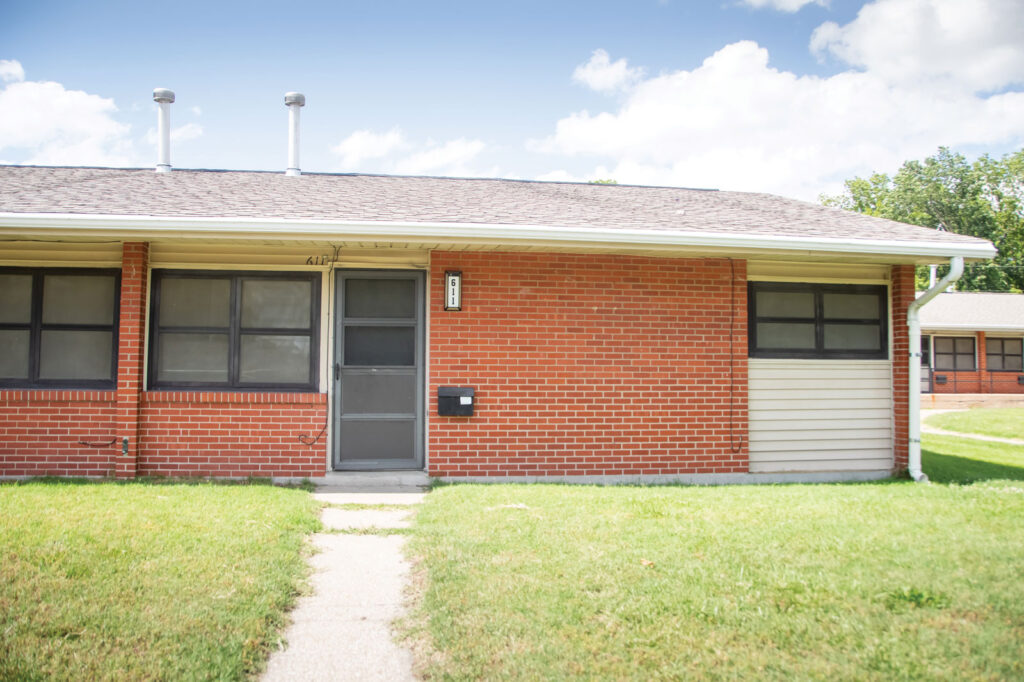
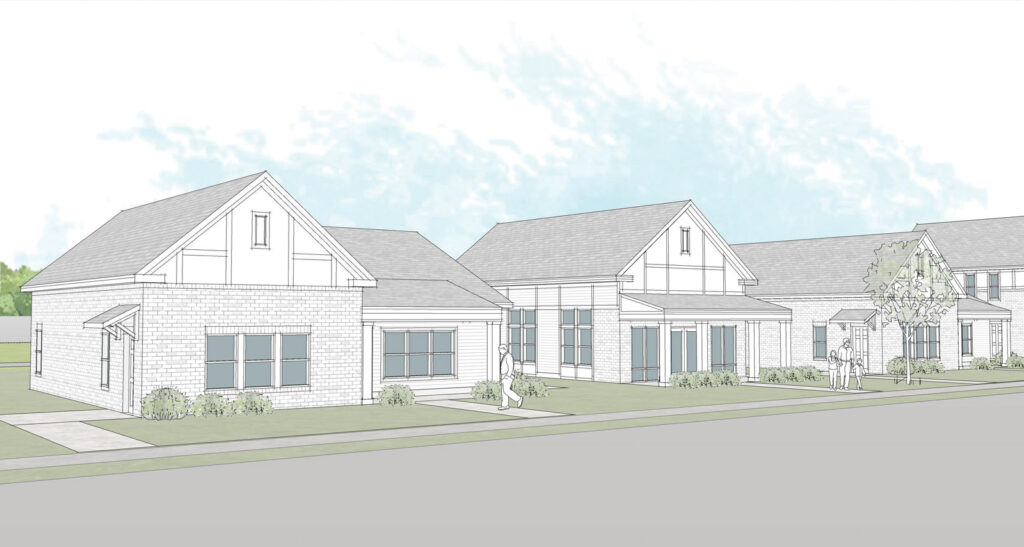
Currently, CHA is contracting with Job Point to build a house at 207 Lynn Street. Construction is well underway, and Cole thinks that a current CHA tenant has been approved as a qualified buyer for the Lynn Street house. He said the apartments and housing on Park Avenue will be completely ripped out and built anew, with an architect who lives in the area using a bungalow style for the exterior design to blend in with the rest of the neighborhood.






